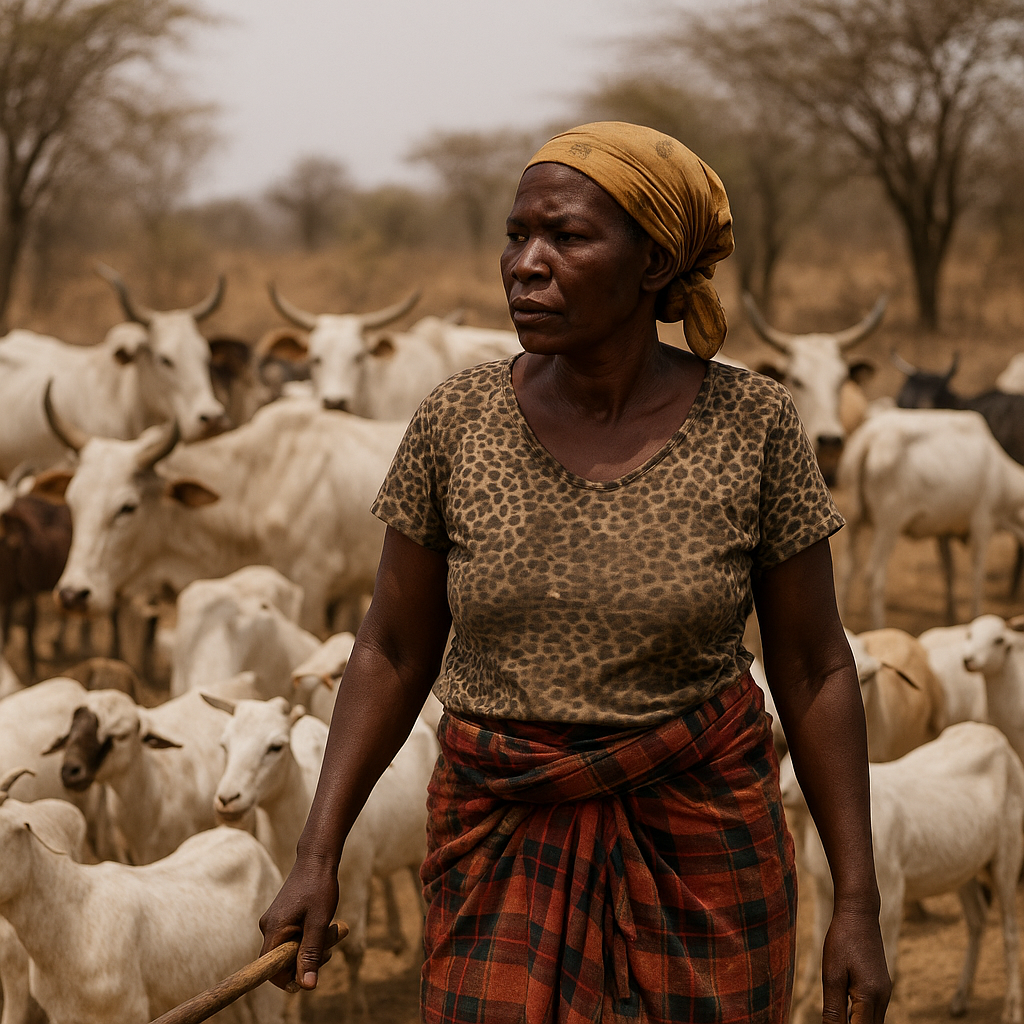Women bear rising climate labor burdens without gaining decision-making power
The study reveals that men retain primary control over land, high-value livestock, and key natural resources in roughly four out of five cases. Without secure rights to these resources, women’s ability to adapt, through diversifying livelihoods, accessing credit, or selling assets during crises, remains constrained.

A new analysis published in World reveals that women in pastoralist communities bear heavier workloads during climate shocks yet remain excluded from real decision-making and resource control. The findings underscore that adaptation policies must address entrenched gendered power imbalances to be effective and equitable.
The study, titled “Gendered Power in Climate Adaptation: A Systematic Review of Pastoralist Systems,” collects evidence from 35 empirical studies conducted between 2013 and 2025 across Africa, Asia, and Latin America. The review highlights how power relations, expressed through access to labor, resources, decision-making processes, and recognition of knowledge, shape adaptation outcomes in pastoralist and agro-pastoralist systems.
Unequal burdens in labor and resources
The research found that 70–80 percent of the reviewed studies reported increased workloads for women during droughts, resource shortages, and male out-migration. Despite this additional labor, ranging from herding to water collection and small-scale production, women often gain no greater control over household or community decisions.
The study reveals that men retain primary control over land, high-value livestock, and key natural resources in roughly four out of five cases. Without secure rights to these resources, women’s ability to adapt, through diversifying livelihoods, accessing credit, or selling assets during crises, remains constrained.
Some progress was seen in regions where inheritance reforms, joint land titles, or communal entitlements granted women documented claims to land and livestock. However, the review warns that poorly designed formal titling can sometimes reinforce male dominance by excluding women’s customary rights.
Power gaps in decision-making and knowledge recognition
Beyond resource access, the study shows that representation without authority is widespread. Many adaptation committees or community groups now include women, often to meet quota targets, yet agenda-setting, voting rules, and budget authority remain concentrated among established male actors.
Women’s insights, particularly on forage availability, water management, and animal health, are frequently treated as informal contributions and do not translate into actionable decisions. Recognition improves only when meeting procedures formally record knowledge sources, document reasons for decisions, and link recommendations to follow-up actions and budgets.
The author argues that the emphasis must shift from simply counting women’s seats in meetings to transforming the rules and procedures that determine whose voice carries weight. Without such procedural reforms, participation risks becoming symbolic rather than substantive.
Pathways for equitable and effective adaptation
The study introduces a relational agency framework that identifies three levers, titles and claims, representation and procedures, and accountable records, as crucial for converting participation into real authority.
The review recommends:
- Tenure reforms to secure women’s rights to land and resources, enabling them to make binding decisions on sales, investments, and adaptive strategies.
- Procedural reforms such as rotating leadership roles, open minutes, and binding votes linked to budgets to ensure equitable decision-making.
- Recognition protocols to validate women’s knowledge, requiring that advice be documented, acknowledged, and followed through in adaptation plans.
- Pairing labor-saving interventions, like water access or childcare, with actual authority over budgets and resources to prevent additional burdens without decision power.
- Monitoring progress through tangible evidence such as land deeds, recorded meeting votes, and budget allocations rather than relying solely on perception surveys.
The author also calls for longitudinal and mixed-methods research to test how these combined measures influence real shifts in power and improve adaptation outcomes for women and marginalized groups.
- READ MORE ON:
- gendered power in climate adaptation
- women in pastoralist climate resilience
- gender inequality in climate adaptation
- inclusive climate adaptation strategies
- gender-responsive climate policies
- sustainable adaptation in marginalized communities
- global review of gender in climate adaptation
- FIRST PUBLISHED IN:
- Devdiscourse










